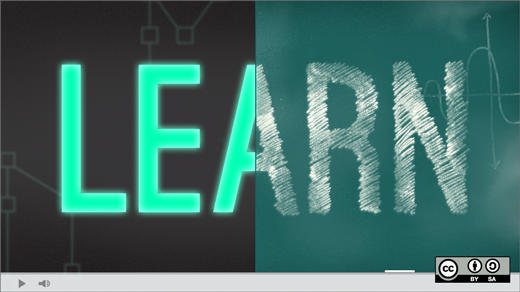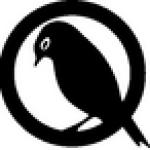A couple of months ago, I wrote the first draft of "A Free, Libre and Open Glossary." I am often frustrated by people using terms like "open source" and "free software" loosely, even though they have fixed and clear definitions. There is a web of terms, many of them using ambiguous terms like "open" or "crowd," that frequently confuse and blur the issue.
The glossary is over 5,000 words, which I appreciate is a slog. My hope is that anyone who makes it to the end will never again confuse "crowdsourcing" and "open source" or assume that "free software" costs no money. (For more on the difference between crowdsourcing and open source, see pages 17 and 18 of the PDF).
Although I wrote the original draft, it has been improved by many contributors who either gave me feedback on discussion lists or were bold and edited the live document directly. Some of the changes made the document more political, as free software advocates refused to accept my brushing off of "free software" and "open source" as synonyms. (For more on the divide between free and open, see page 11 of the PDF).
The discussion of the draft glossary also sparked broader reflections on how we should describe our community and the works and licenses that we use. If "free" implies gratis and "open" could mean anything, what do we have left? Some suggestions were for everyone to get behind "libre" or to use the acronym "FLO." Terms of art, like "open source" and "free culture," are also less prone to bastardization than the broader "free" or "open."
Although the PDF/ODT download fixes the glossary in a stable form (which I consider important for referencing and reliability), the living document on which the glossary was drafted and redrafted is still available and I encourage you to make any changes that you like.




6 Comments